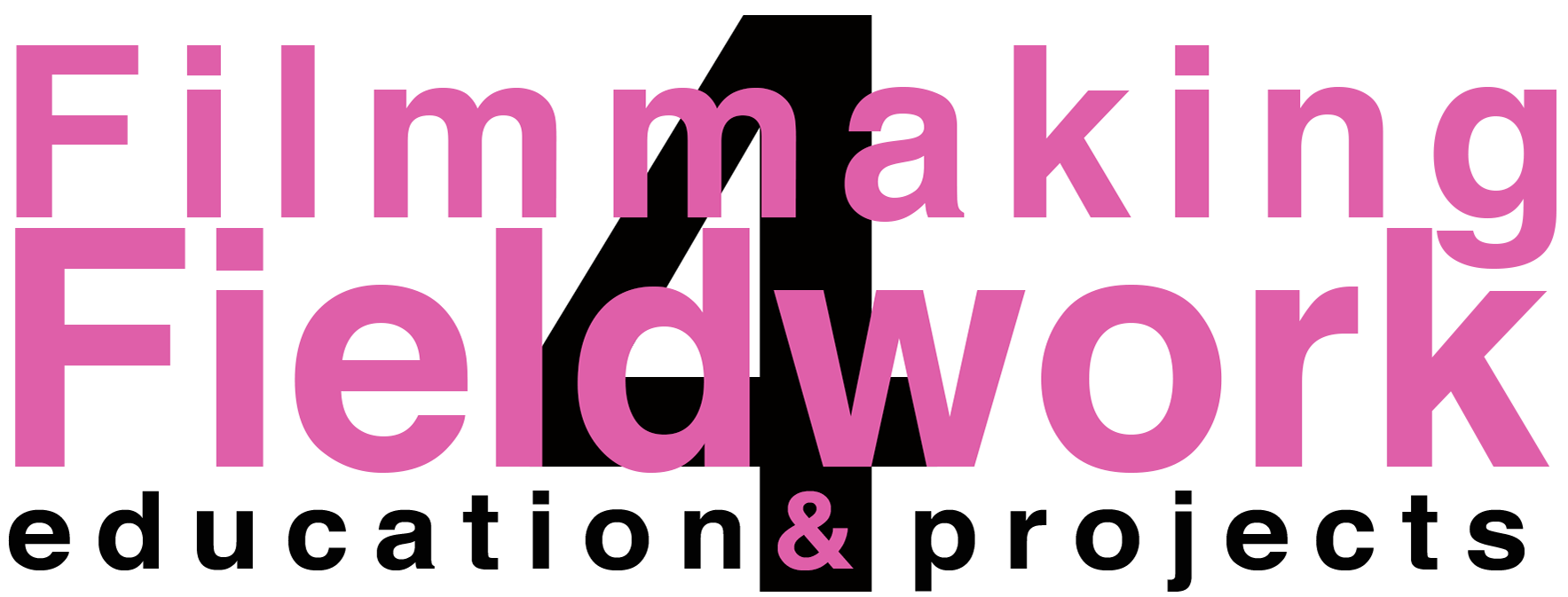Invited Courses & Lectures
WHAT DO WE OFFER?
Filmmaking for fieldwork is an empirical art that uses new avenues in academic research, documentary and cinema practice to extend our knowledge by dramatic means, incorporating collaborative, observational, reflexive and expressive modes of storytelling. Central to the method is a technique for recording human processes that demonstrates the unique potential of filmmaking as a tool for thinking about human experience. We consider video editing and storytelling as analytic tools, suitable both for the further exploration and expression of academic ideas and the production of high quality and engaging films.
Alongside our blended approach to practical hands-on training in documentary filmmaking we offer a number of lectures and interactive sessions on F4F methodologies. These have included:
Why Make a Documentary Film? Differences to written methods in camera based research.
Filmmaking For Fieldwork: An introduction to the workflow and procedures of ethnographic filmmaking..
Constructing Ethnographic Narratives: Video editing as an analytic tool for generating and exploring new ideas.
Ethics & Engagement: Sharing vulnerabilities in filmmaking for fieldwork and negotiating committees and legalities.
From Nanook of The North to Clouds Over Sidra: A history of ethnographic practice in documentary filmmaking.
Filmmaking across Borders: Social dynamics and exchange in intercultural settings.
Filming the Past: Working with memory and historical archives.
Collaboration, Participation and Co-creation: Experience and engagement in filmmaking for fieldwork.
These range in scope from a two-hour lecture including Q&A, to a one-day introduction of our methods, a popular three-day practical course, or longer foundational training in filmmaking for fieldwork methods. Day-long sessions typically incorporate one or two lectures with practical workshops designed to introduce participants to camera operation, sound recording and/or editing. Courses and lectures can be delivered online, in front of a live audience or as a combination of both.
We also support university taught courses and offer substantial feedback in clinic sessions for those with an already established filmmaking project, for example PhD candidates who are using audio-visual media to present their film and written work.
F4F at Freie Universität Berlin (left) and Universität Bern (right)
WHO CAN APPLY?
F4F courses & lectures are suitable for undergraduate and postgraduate taught university courses, research professionals and centres, NGOs, commercial organisations and broadcast professionals. Our academic partners include: Leeds University, The University of Manchester, Oxford University, The University of Portsmouth, Sussex University, The University of Amsterdam, Leiden University, The Free University in Berlin, University of Tromsø, University of Geneva, The University of Bern. Further afield, we have worked with Yunnan University in China, Sophia University in Tokyo, Jawaharlal Nehru University and Indian Institute of Technology, both based in Delhi, India.
Filmmaking For Fieldwork is a global initiative that favours work in local communities, we evaluate the viability of our courses based on their carbon footprint and we train people from around the world to run their own education programmes using our pedagogy.
"F4F has been one of the best educational investments I have made. My journey began with a hands-on Filmmaking for Fieldwork course"
Megha Wadhwa Ph.D, Research Associate at the Institute of East Asian Studies/Japanese Studies, Free University Berlin
We recommend that anybody interested in our courses and lectures first consult Filmmaking for fieldwork: a practical handbook (2020) published by Manchester University Press and available in print and digital at all good booksellers.
“Thank you for opening my eyes to how filmmaking can be connected to fieldwork. The course has been so practical and hands on which I’ve really enjoyed” Helen Packwood
